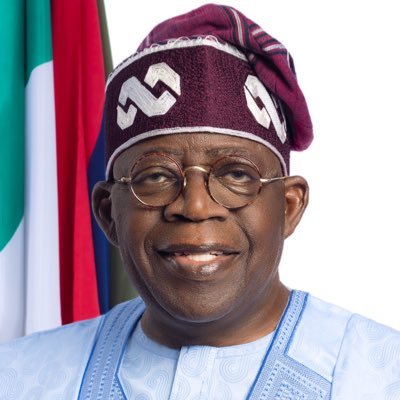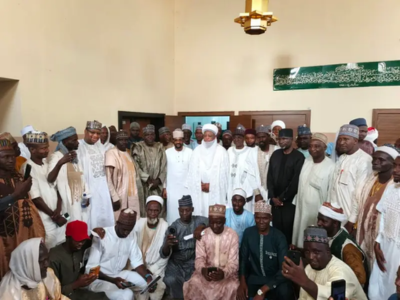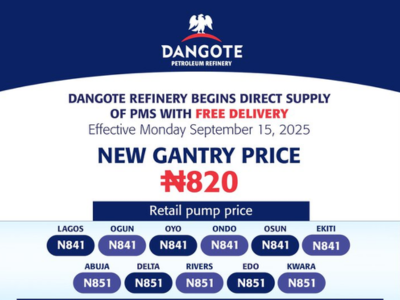Tinubu Calls for Vigilance on Digital Currencies as Nigeria Eyes Economic Reinvention
- by Admin.
- Sep 09, 2025

Credit: Freepik
President Bola Tinubu urged financial regulators to closely track the rising adoption of stablecoins and digital currencies in Nigeria, highlighting their potential to reshape payments while posing risks to traditional banking, during a key conference on banking and finance.
Speaking through Finance Minister Wale Edun at the 18th Annual Banking and Finance Conference of the Chartered Institute of Bankers of Nigeria, Tinubu noted the global shift toward digital finance. "There is a digital revolution. So many people now are not using the banking system to make payments. They’ve turned to stablecoin. They’ve turned to digital currency," he said, directing capital market and banking authorities to monitor these trends as they evolve.
This comes amid strengthened oversight by Nigeria’s Securities and Exchange Commission under the Investment and Securities Act 2025, which classifies digital assets as securities and empowers the SEC to license virtual asset providers, enforcing strict Know Your Customer and Anti-Money Laundering rules.
Tinubu emphasized the need for Nigeria to move beyond economic resilience toward reinvention, leveraging digital tools, artificial intelligence, and open banking to boost industrialization, efficiency, and job creation. He pointed out that while GDP growth continues, manufacturing's contribution remains insufficient to meet employment demands for the country's growing workforce. "The innovation is there for the adoption of digital, AI, and open banking to enhance efficiency," he added.
Looking ahead, Tinubu reaffirmed investments in education, infrastructure, and digital skills to harness Nigeria's youth, projected to form the world's largest workforce by 2050. On fiscal fronts, the president touted recent tax reforms signed into law in June 2025, which consolidate over 100 tax agencies into a unified Nigeria Revenue Service effective January 2026, aiming for greater transparency and revenue mobilization.
Linking government accounts to the Central Bank of Nigeria since August has already improved visibility, he said, promising higher government revenues without overburdening citizens. Financial inclusion, he stressed, should extend to job creation, especially for youth, through access to affordable services and loans.
Central Bank Governor Olayemi Cardoso echoed the forward-looking tone, announcing a target of $1 billion in monthly diaspora remittances by 2026, up from the current $600 million. Remittances, a key foreign exchange source, have doubled from $250 million through collaborations with banks like Access and Zenith, channeling funds into productive sectors. "If we harness even a fraction of their earnings, the impact will be transformative," Cardoso stated.
Conference chair Prof. Pius Olanrewaju highlighted sector progress, including over N2.5 trillion raised by listed banks since 2024 and net domestic credit to the private sector exceeding N82 trillion this year, supporting businesses and jobs. Non-oil exports expanded to 236 products in the first half of 2025, generating $3.23 billion—a 19.6 percent year-on-year rise—driven by cocoa, urea, and cashew nuts amid global demand and AfCFTA benefits.
The gathering of banking, finance, and tech leaders underscored Nigeria's push for digital innovation and private investment to foster inclusive growth, with Tinubu closing on a note of collaboration: "Those that innovate, that reform, that collaborate, will thrive."











0 Comment(s)